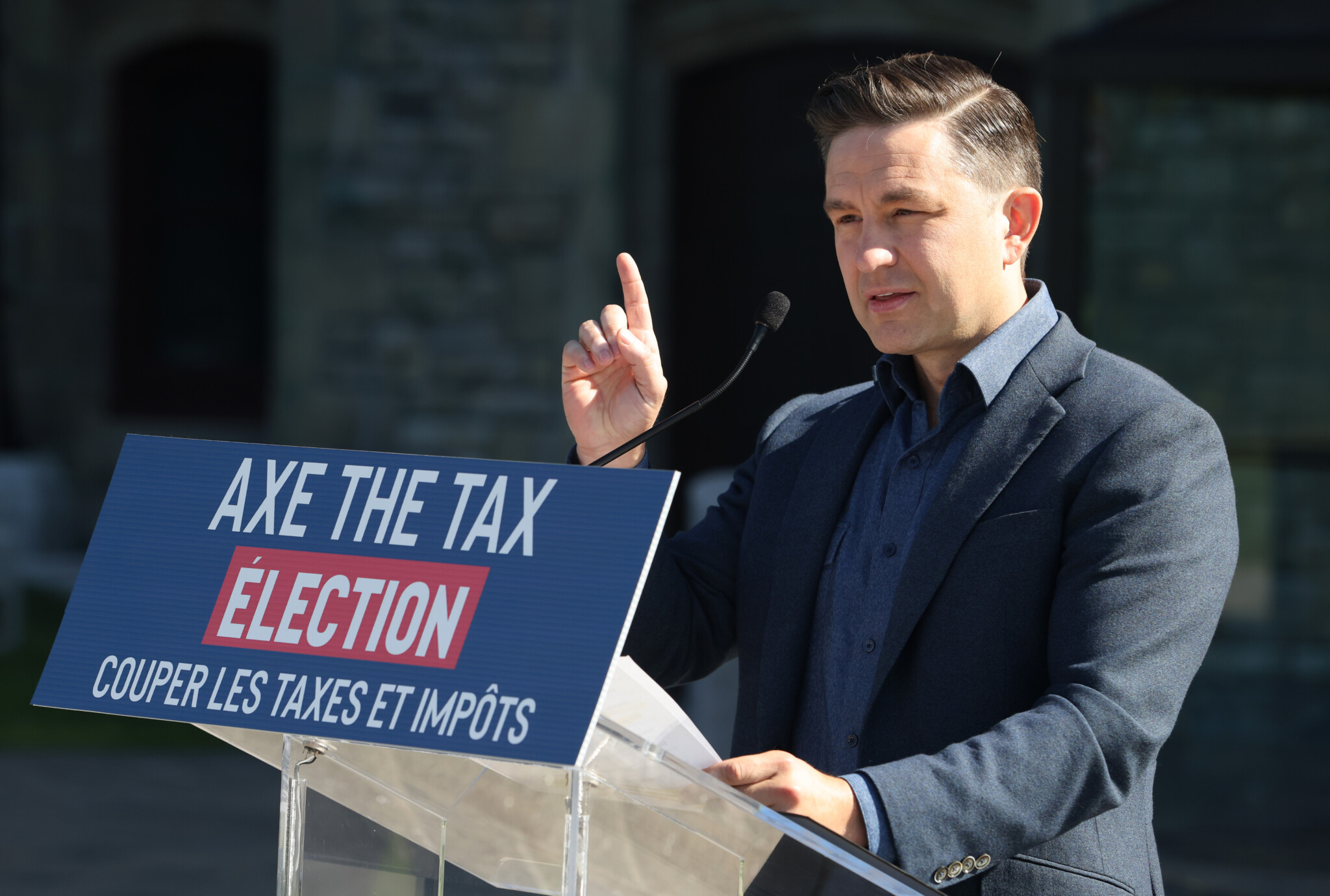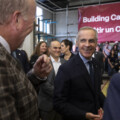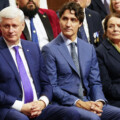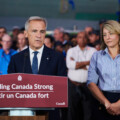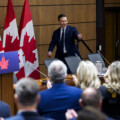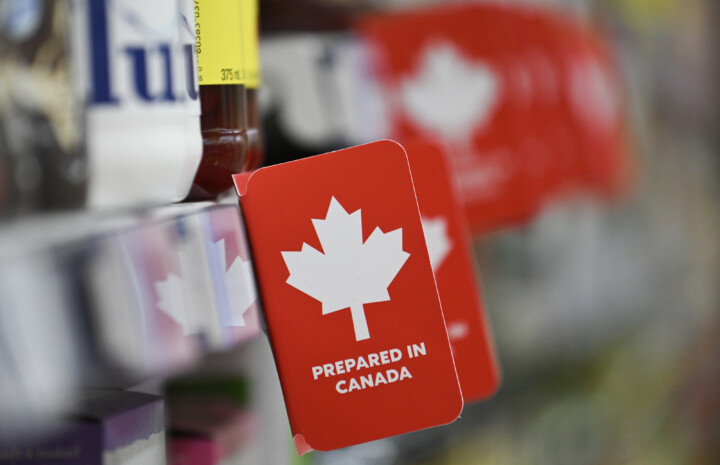Joe Biden was elected in 2020 with a single, dual-prong mandate: occupy the Oval Office and not be Donald Trump. On that core mandate, he was wildly successful. He achieved his lifelong goal of becoming president and averted (at least temporarily) Trump’s second term.
Being a lifelong politician, however, Biden had long idolized Franklin Delano Roosevelt and soon declared his ambition to be the most consequential president since FDR, the longest-serving president in the history of that great republic.
The problem of course was the inherent gap between his actual mandate and his own interpretation. Swing voters—those who decide elections—had effectively voted against Trump, not affirmatively for Biden.
Elections have consequences as it’s famously said. No one disputes that. Controlling the levers of power matters. But as in the case of Biden, sometimes politicians desire to be far more consequential than voters actually want them to be. They can misinterpret their mandate and get themselves into eventual political trouble. So much so that the U.S. now seems on the precipice of possibly doing what Biden was supposed to stop: re-electing Donald Trump.
Which brings us to Justin Trudeau. Elected in 2015 with a mandate to emit cool vibes, run modest deficits to theoretically grow the economy “from the heart outward,” and make Canadians feel better about their environmental contributions with a modest carbon tax, Trudeau in hindsight entered office with an inflated sense of his mandate.
He was soon running large-scale deficits, raising the carbon tax far beyond what he promised, and carrying out an economic strategy consisting of low-cost labour and deficit-finance corporate subsidies. This was not the modest plan to provide a stronger economy, competent management, sweet vibes, and a radically improved environment with no corresponding negative impacts on Canadians. This was something far different.
One could argue (I certainly would) that on any of these conditions, the Trudeau government has been a failure. That said, as the lovely editors at The Hub breathe a sigh of relief, I won’t litigate all of its failures…neither you nor I have that much time on our hands here.
So let’s just pick perhaps the most consequential: the carbon tax.
